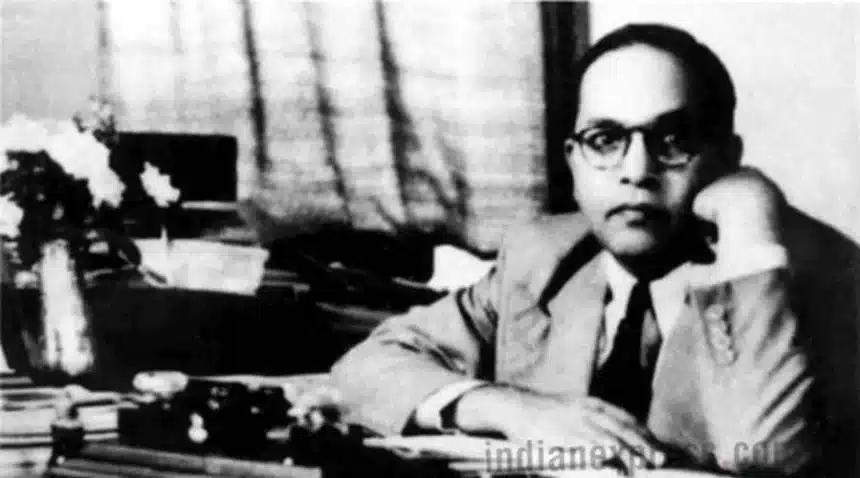What is the Union of Trinity
Despite my exposure to a little world of books, I was not aware of many important and interesting observations about our constitution until now. Among them, the Union of Trinity is one of many topics that I happened to be aware of very recently. I became aware of this through Gautam Bhatia‘s book “The Transformative Constitution: A Radical Biography in Nine Acts.” Also, I do not mean that Gautam Bhatia brought the idea of the Union of Trinity. Dr. B R Ambedkar in his speeches elaborated on the idea of the union of the Trinity. He spoke on 25 November 1949 as his last speech to Constituent Assembly. He elaborated that there is a need to give up the grammar of anarchy and work towards social democracy. Ambedkar also warned to avoid hero worship. Though he elaborated many decades earlier, his viewpoints are of great relevance even today.
What he meant — the union of the Trinity is the foundation of social democracy. Also, all three (liberty, equality, and fraternity) are basic principles of life. We should not think of liberty, equality, and fraternity as separate things. The three of them constitute a trinity, in the sense that to separate one from the other defeats the very purpose of democracy.
You cannot divorce liberty from equality; you cannot divorce equality from liberty. There can be no separation between freedom and equality and fraternity. Without equality, liberty would produce the supremacy of the few over the many. Equality without liberty would kill individual initiative. Without fraternity, liberty would produce the supremacy of the few over the many. Without fraternity, liberty and equality could not become a natural course of things. It would require a constable to enforce them.

